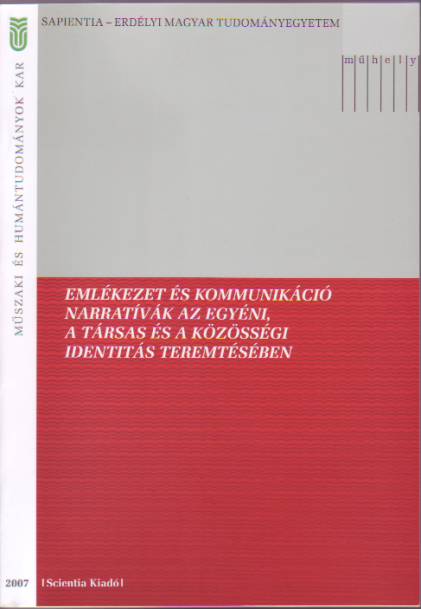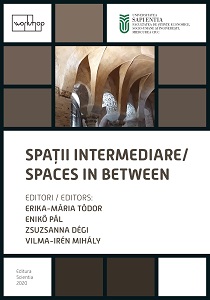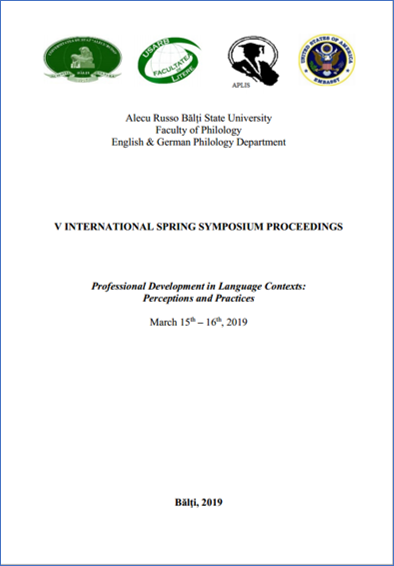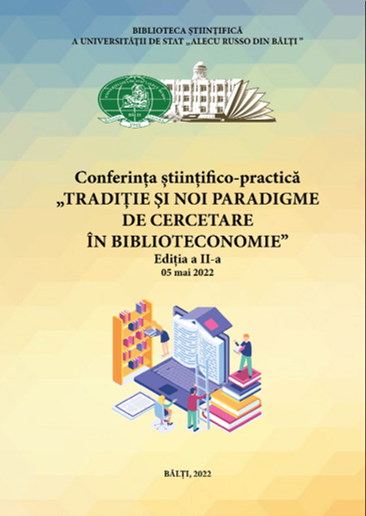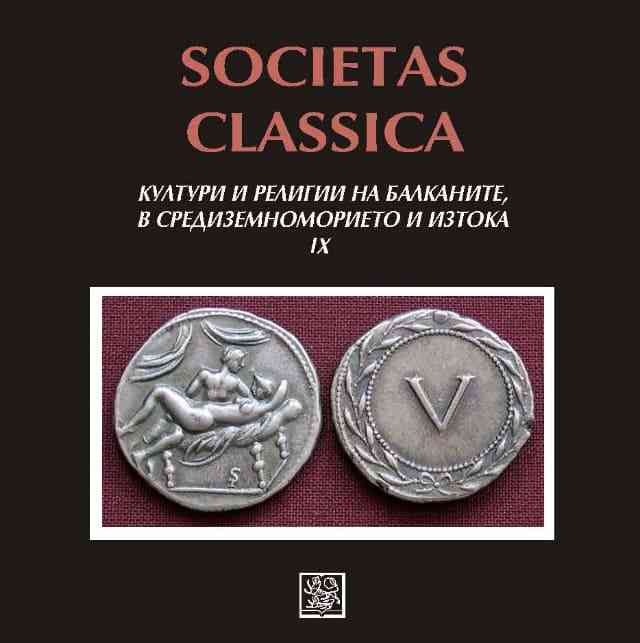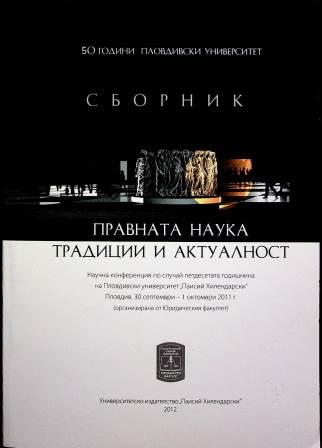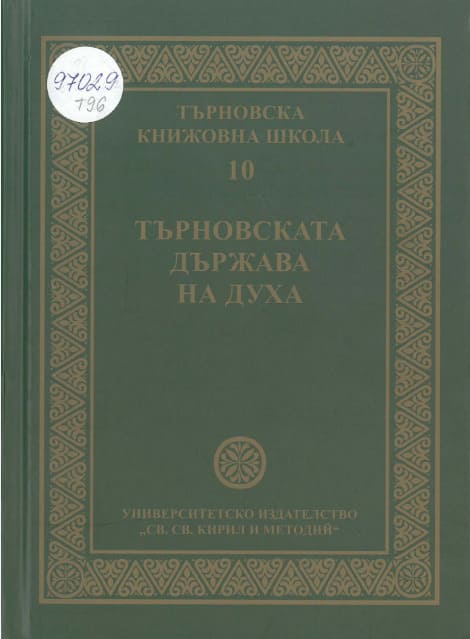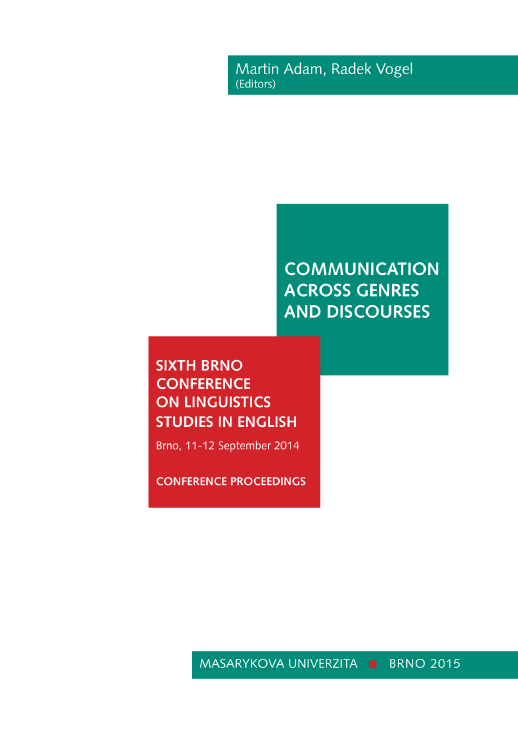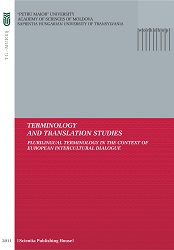
Definiţiile şi rolul lor în terminologia medicală
The present work is a short study of metalexicography aiming to analyze the types of alternative definitions of medical terms registered in DEX and in DEXI. On the other hand, hyponymy studied concerning lexicographical definition is an interesting aspect of linguistics. Hyponymy and also hypernymy are exploited for the wording of the lexicographical definitions and these become the main lexicographical manner for defining the medical terms in dictionaries of general language.
More...
